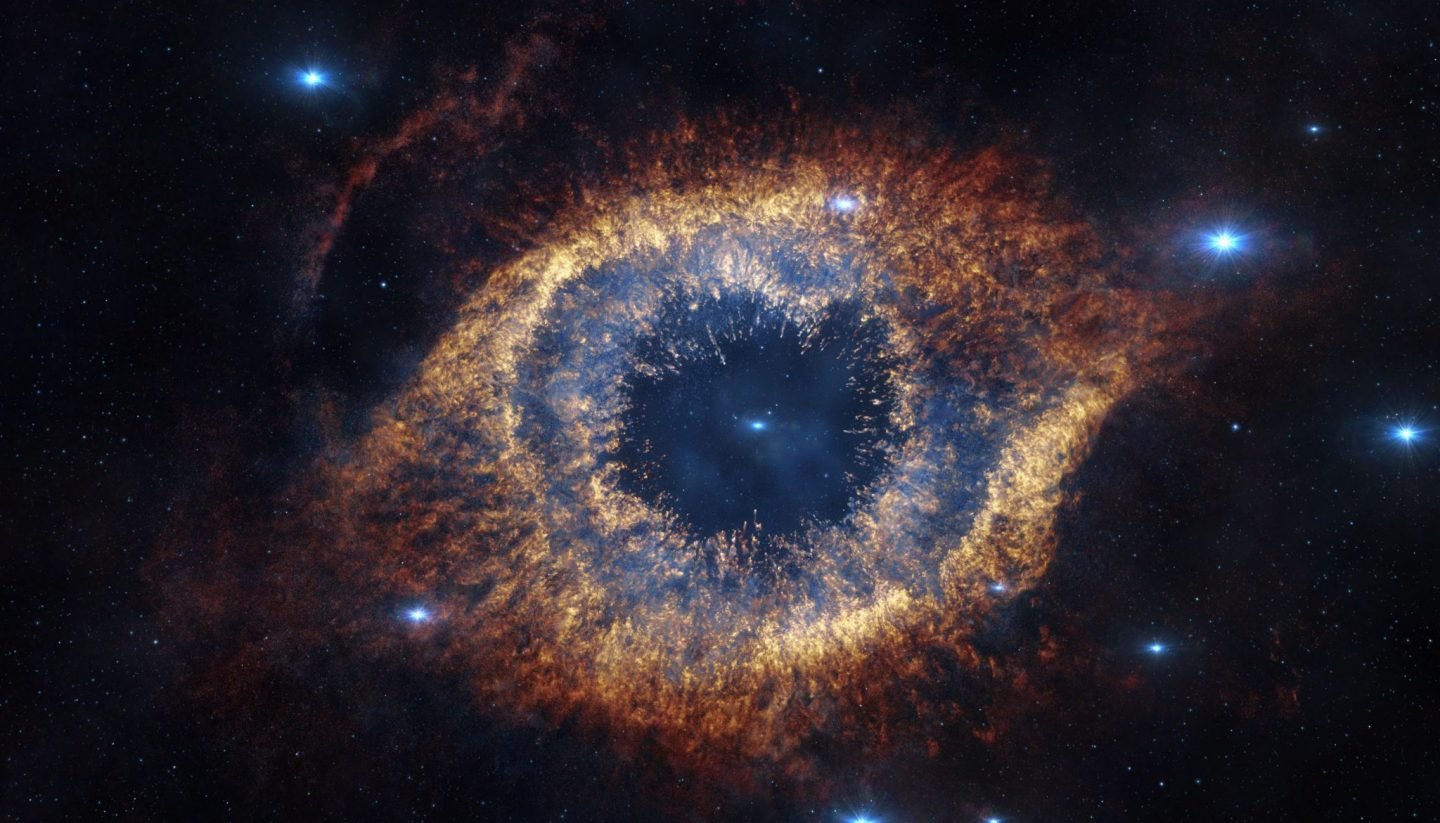Everything you need to know about biocentrism debunked

biocentrism debunked, Biocentrism, a philosophical concept that posits the fundamental importance of life and consciousness in the universe, has gained attention in both scientific and philosophical circles. However, amidst its popularity, biocentrism has faced scrutiny and criticism from various scientific perspectives. In this article, we delve into the core tenets of biocentrism, examine the critiques leveled against it by the scientific community, and explore alternative viewpoints that challenge its validity.
Understanding Biocentrism:
Biocentrism, as proposed by Dr. Robert Lanza and astronomer Bob Berman in their book “Biocentrism: How Life and Consciousness are the Keys to Understanding the True Nature of the Universe,” suggests that life and consciousness are central to the structure of reality. Unlike traditional scientific views that place consciousness as an emergent property of matter, biocentrism asserts that consciousness precedes and creates the physical universe. According to biocentrism, the universe exists because of biological observers who give it meaning and form.
Critiques of Biocentrism:
Despite its provocative ideas, biocentrism has faced substantial criticism from the scientific community. Some of the key critiques include:
Alternative Perspectives:
In contrast to biocentrism, alternative scientific perspectives offer different explanations for the relationship between life, consciousness, and the universe:
- Materialism and Physicalism: Materialist and physicalist frameworks posit that consciousness arises from complex interactions within the brain and nervous system, without requiring a fundamental reordering of reality.
- Panpsychism: Panpsychism suggests that consciousness is a fundamental property of the universe, existing at every level of reality, from subatomic particles to complex organisms. However, unlike biocentrism, panpsychism does not privilege biological life as the sole source of consciousness.
- Emergentism: Emergentist theories propose that consciousness emerges from the complexity of neural networks and information processing in living organisms, without invoking consciousness as a primary force shaping the universe.
- Dualism: Dualistic perspectives separate consciousness from physical matter, positing them as distinct entities with a causal relationship. However, dualism faces challenges in explaining how consciousness interacts with the physical world.
FAQ
1. What is biocentrism, and why is it controversial?
- Biocentrism is a philosophical concept that asserts the fundamental importance of life and consciousness in the universe. It is controversial because it challenges traditional scientific views and lacks empirical evidence to support its claims.
2. Can you debunk biocentrism with scientific evidence?
- While there is no definitive evidence to debunk biocentrism, critiques from scientific perspectives highlight its lack of empirical support and inconsistencies with established physical laws.
3. Does biocentrism violate the principles of physics?
- Critics argue that biocentrism challenges established principles of physics, such as the conservation of energy and the second law of thermodynamics, without providing convincing explanations or evidence.
4. Is there empirical evidence supporting biocentrism?
- Proponents of biocentrism often rely on philosophical arguments and subjective interpretations rather than empirical evidence to support their claims, which is a point of contention among critics.
5. How does biocentrism address the origin of consciousness?
- Biocentrism posits that consciousness is the primary reality and precedes the physical universe. However, it does not provide a comprehensive explanation for the origin of consciousness or its relationship to physical processes.
Conclusion:
While biocentrism offers a provocative reinterpretation of the relationship between life, consciousness, and the universe, it remains a controversial and speculative hypothesis within the scientific community. Despite its appeal to those seeking a deeper understanding of reality, biocentrism lacks empirical support and faces significant challenges from established scientific principles. Exploring alternative perspectives, such as materialism, panpsychism, emergentism, and dualism, provides valuable insights into the complex nature of consciousness and its place in the universe. Ultimately, the quest to unravel the mysteries of existence requires a nuanced and interdisciplinary approach, integrating empirical evidence, philosophical inquiry, and open-minded exploration of diverse perspectives.
